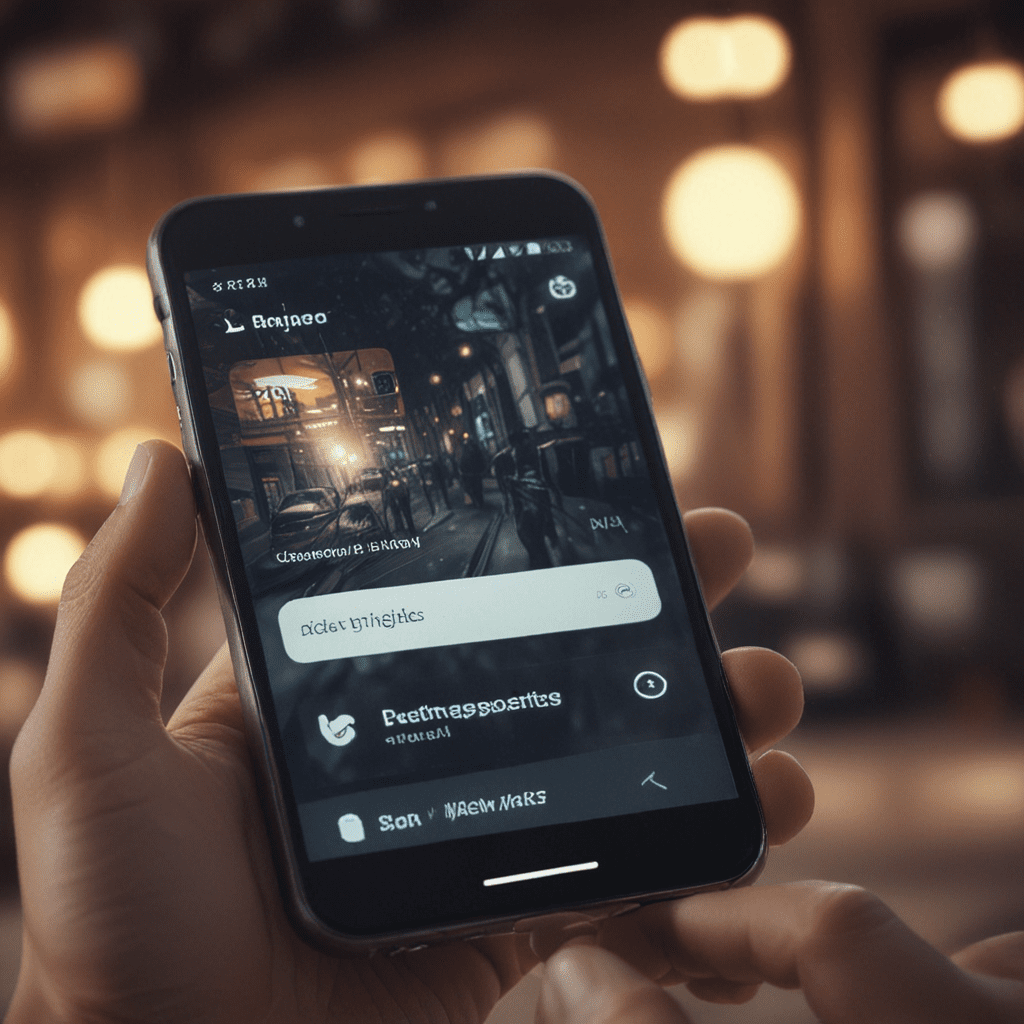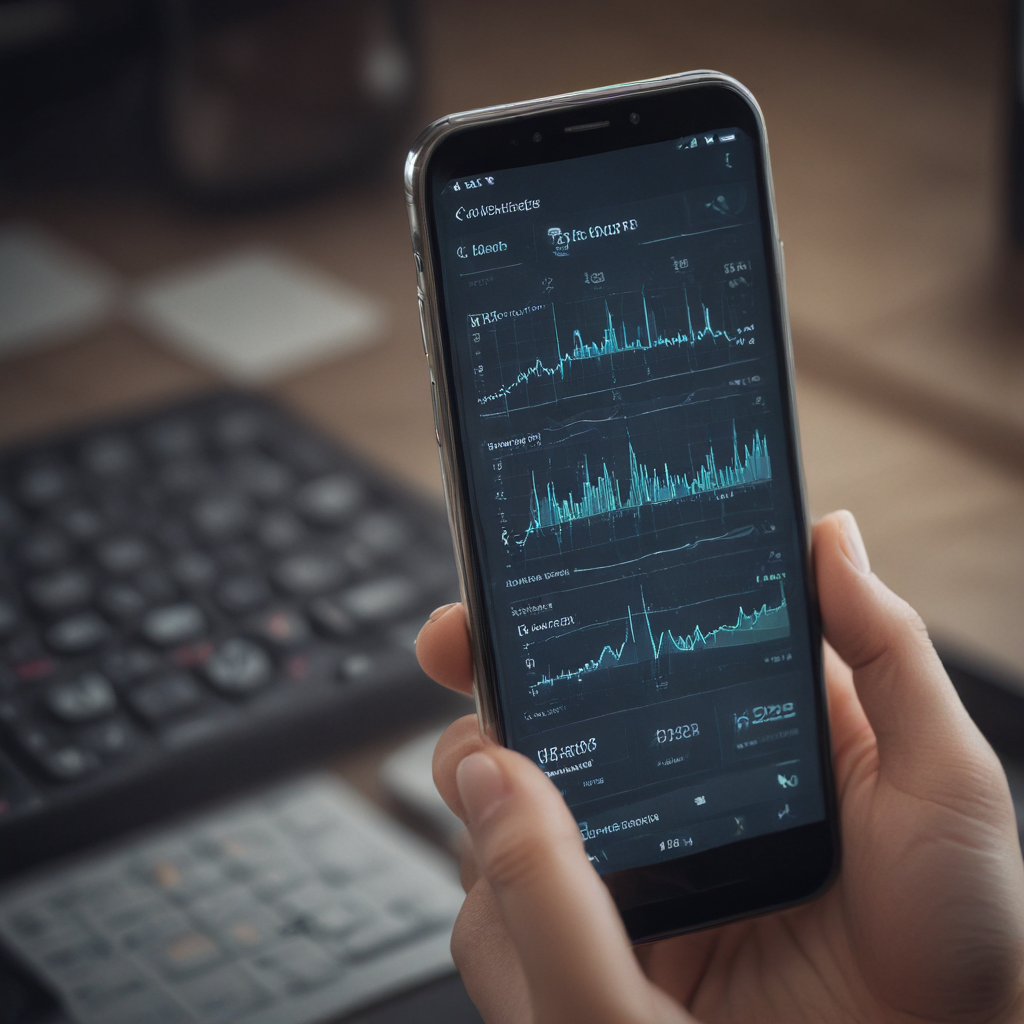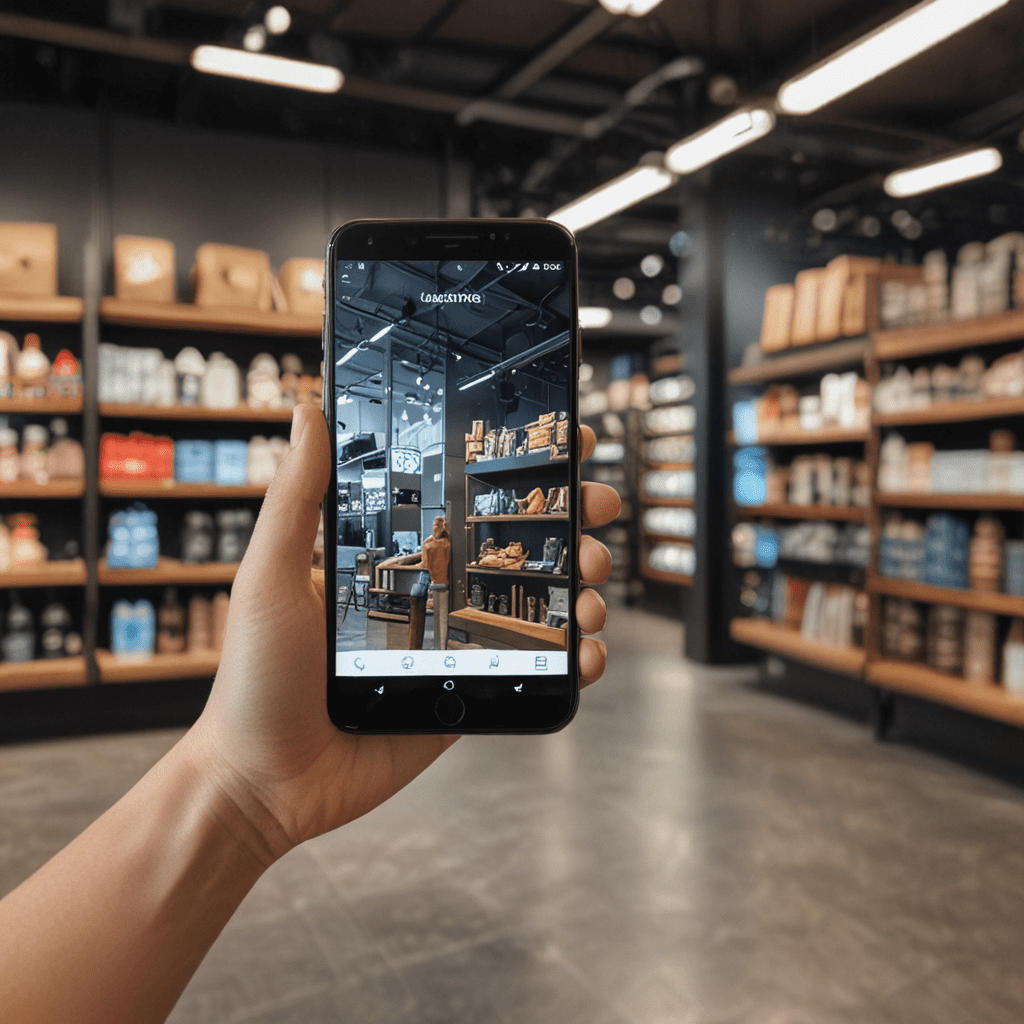
The Role of Push Notifications in Mobile App Engagement
Push notifications have emerged as a powerful tool for mobile app developers to engage users, drive app usage, and foster brand loyalty. By delivering targeted and timely messages directly to users' devices, push notifications can cut through the noise and help app owners connect with their audience in a personalized and effective way.
The Power of Mobile Push Notifications
Push notifications are messages that are sent directly to users' devices, even when the app is not open or in use. This makes them an incredibly effective way to reach users and deliver important information or updates. Push notifications can be used to:
- Drive app downloads and installs: By promoting new apps or highlighting featured apps, push notifications can entice users to download and install new apps.
- Increase app usage: Push notifications can remind users to open the app and use its features, encouraging them to spend more time engaged with the app.
- Send personalized updates: Push notifications can be tailored to individual users based on their preferences, location, and usage history, ensuring that they receive relevant and timely information.
- Drive in-app purchases and conversions: Push notifications can be used to promote in-app purchases, discounts, or special offers, encouraging users to spend money within the app.
6. Building Brand Loyalty
Push notifications can be used to foster brand loyalty and build a strong relationship with users. By delivering personalized and relevant content, push notifications can create a positive and engaging experience for users, making them more likely to stick with the app over time. Push notifications can also be used to:
- Keep users informed: Push notifications can be used to deliver important updates, news, and announcements to users, keeping them informed about the latest developments within the app and the brand itself.
- Celebrate milestones and events: Push notifications can be used to acknowledge user milestones, birthdays, or special events, making users feel valued and appreciated.
- Provide exclusive content and offers: Push notifications can be used to offer exclusive content, discounts, or early access to new features, creating a sense of exclusivity and loyalty among users.
7. Case Studies and Success Stories
Numerous case studies and success stories demonstrate the effectiveness of push notifications in driving mobile app engagement. For example, the mobile payment app Venmo saw a 20% increase in app usage after implementing a personalized push notification campaign. Another study by Localytics found that push notifications can increase app retention rates by up to 30%.
8. Best Practices for Push Notification Campaigns
To maximize the effectiveness of push notification campaigns, it is important to follow some best practices:
- Segment your audience: Divide your users into groups based on their demographics, interests, or app usage patterns to deliver targeted and relevant push notifications.
- Personalize your messages: Use dynamic content and variables to tailor push notifications to each individual user, making them more likely to engage with the message.
- Time your notifications carefully: Send push notifications at times when users are most likely to be engaged with the app, such as during peak usage hours or during specific events.
- Track and measure your results: Use analytics tools to track the performance of your push notification campaigns and make adjustments as needed to optimize results.
9. Ethical Considerations
While push notifications can be a powerful tool for engagement, it is important to use them ethically and responsibly. Avoid sending too many notifications or sending notifications that are irrelevant or disruptive to users. Always give users the option to opt-out of receiving push notifications and provide clear instructions on how to do so.
10. Conclusion
Push notifications are an indispensable tool for mobile app developers and marketers looking to engage users, increase app usage, and drive in-app purchases. By following best practices and using push notifications in a strategic and ethical manner, app owners can leverage the power of push notifications to build a loyal user base and achieve their business objectives.
FAQ
Q: How often should I send push notifications?
A: The frequency of push notifications will vary depending on the app and its users. However, it is generally recommended to send notifications only when you have something valuable or relevant to share, and to avoid sending too many notifications that could annoy users.
Q: What is the best time to send push notifications?
A: The best time to send push notifications will vary depending on the app and its users. However, it is generally recommended to send notifications during peak usage hours or during specific events when users are more likely to be engaged with the app.
Q: How can I track the effectiveness of my push notification campaigns?
A: You can use analytics tools to track the performance of your push notification campaigns and make adjustments as needed to optimize results. Metrics such as open rates, click-through rates, and conversion rates can be used to measure the effectiveness of your campaigns.


